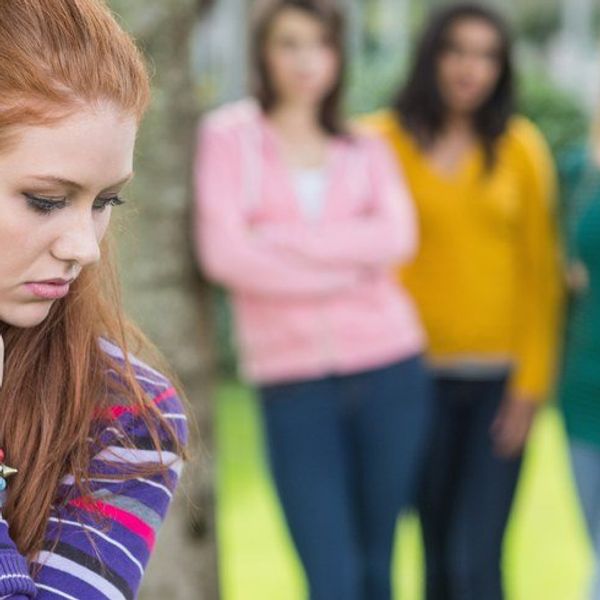Public transportation is awful.
As young adults venturing into and exploring the world, we want to experience it; we want to find ourselves.
Take a breath. You will experience the world. You will change the world with your wit, intellect, and charm. But, as many college students who have left the nest know too well, once the holiday season rolls around we return to our humble abodes.
How did the young “adults” – I mean, I’m technically an adult, but do I know how to adult? (Hint: I don’t) – with entry level jobs, and thousands of dollars in debt, return for the holiday season? Simple. The only way they can afford to go home: disease ridden, snobby staff filled, heart-wrenching public transportation. Buses. Trains. Planes. Cabs. Now we’re experiencing a rise in Uber and Lyft.
Riding in any death on wheels – that’s exactly what it feels like to someone with no strength whatsoever; yes in an emergency I would need help because I am physically weak—slowly and quietly takes a little piece of you each and every time you use it. Before public transportation, I was such an optimist, always looking at the glass as half full. Such a naïve young girl I was.
These seemingly convenient, affordable, and reliable transportation is indisputably flawed. Before college, I had not stepped a single foot on a bus, mostly because my loving and considerate parents let me rely on them for constant transportation to all school-related and social events--thanks, Mom and Dad. Along with realizing that one is traveling on a disgusting germ infested machine, public transportation brings light to many serious and critical issues in our society including patriarchy.
Women traveling alone are prone to sexual harassment, catcalling, and the fear of everyday tragedies that occur in the public space Women of color are even more at risk to experience harassment because many of these women depend on public transportation in urban cities. This isn’t limited to just women, but men, and children as well.
As a woman traveling alone for long distances, I have witnessed first hand the anxiety and apprehension that comes with public transportation.
Avoid being alone at all costs.
Pretend to be on the phone.
Stay in the light.
Stay away from the men.
Thoughts that run through a woman’s mind while not only traveling alone but even while being in public spaces. Every day hundreds of women are sexually harassed while bystanders watch--often refusing to say a single word.
Harassment: the act or an instance of harassing, or disturbing, pestering, ortroubling repeatedly; persecution
Psychologically speaking, if even a single person stood up for the person being harassed or abused, then other people around the victim would defend the victim. If just one person expressed their dissent with the situation, thousands of tragedies would be avoided, and this isn’t restricted to women, but to thousands of human beings around the globe.
However, bystander apathy , one of the most replicable and reliable social psychological phenomenon in which individuals do not offer any form of help to a victim when other bystanders are present. The most infamous case of this phenomenon is Kitty Genoves who was murderded while "38 respectable, law‐abiding citizens in Queens watched a killer stalk and stab [her] in three separate attacks in Kew Gardens."
As a society, we need to be conscious of our surroundings and the situations around us. Many people believe that if they were in situations where they had to stand up and defend another person they would. In a perfect world, people would intervene when a woman is being harassed or assaulted. My heart aches because the harsh truth is that we do not live in a perfect world. The woman being harassed and assaulted could be my mother, my sister, my cousin, my friend, even me, and she could easily be one of your loved ones and yes, even you. I would want everyone and anyone to intervene. More than anything I want this to never happen to anyone I love or care for--I wouldn't wish this upon anyone.
Rape culture: is a term used to describe the normalization of sexual assault in a society. Wikipedia describes rape culture as "... a culture in which rape and other sexual violence (usually against women and gender diverse peoples ) are common and in which prevalent attitudes, norms, practices, and media condone, normalize, excuse, or encourage sexualized violence."
We as a society need to change the norms that allow for these behaviors; we need to give bystanders ways to respond in cases with harassment or assault. We need to find ways to prevent these situations and educate people, including children, about these critical issues.
This is not about a single issue, but about many issues which are all interconnected. It's about situations in which sexual assault, rape, and violence are ignored, normalized, or mocked. It’s about tackling the problems and looking for solutions. If something seems wrong, follow your gut feeling because it probably is. If you see someone in any danger, call 911 for help, and shout at the criminal, make them stop. You could save a woman, any human being, by intervening whether it be on a bus, at a party, on the street, anywhere. Please, help them.






















